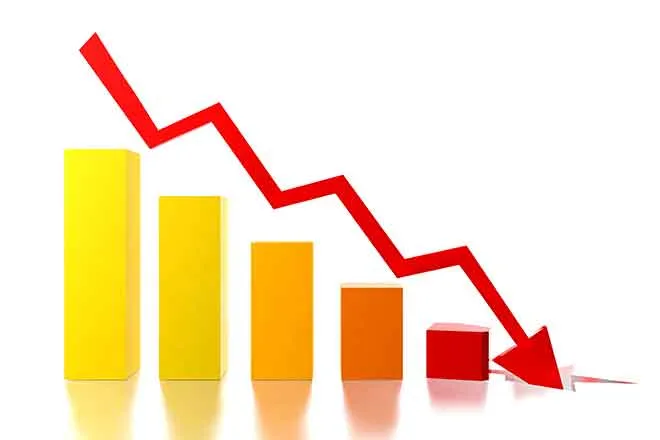
Lower unemployment, inflation gives Colorado favorable economic, budget forecast
(The Center Square) – Colorado’s state economists gave favorable reports on employment and inflation but expressed concern about the risk of recession during Thursday’s Joint Budget Committee hearing.
Greg Sobetski, chief economist of the nonpartisan Colorado Legislative Council, provided a wide range of data during his committee testimony and explained how tax revenue is influenced in various ways. Overall, tax revenue growth is expected to slow as the economy slows and Colorado’s income tax rates are reduced.
Colorado’s unemployment rate returned to pre-pandemic levels in 2022. The state’s unemployment rate of 2.8 percent is below the U.S. rate of 3.6 percent. There continues to be a gap between the number of job openings and unemployed workers, showing tight labor market conditions.
TABOR checks boosted personal income by 8.5 percent in the third quarter of 2022. Colorado’s wage gain of 7.4 percent in 2022 exceeded the U.S. rate of 5.9 percent.
The nation’s inflation rate is forecast to be 4.8 percent this year, down from the 6.5 percent annual rate as measured by the U.S. Bureau of Labor Statistics’ consumer price index.
Sobetski noted the March forecast is based on information compiled in February, months before state income taxes are due in April. During the 2021-22 fiscal year, Sobetski’s office revised upward the forecast for state income tax collections by $1.32 billion between March and June 2022. The actual was $1.56 billion.
“We could see far more revenue than we anticipate in this forecast,” Sobetski said while presenting several scenarios for Colorado’s 2023-24 budget outlook. “We also could be under accounting for the size of that adjustment and see less revenue than as expected. So that's a big risk to the revenue forecast. That's separate from the economic risk.”
Bryce Cooke, deputy director of the Governor’s Office of State Planning and Budgeting, said the state could withstand more difficult economic challenges.
“There's a higher percentage of service industries here and people are starting to want to buy services rather than goods and that's a benefit to the Colorado economy,” Cooke said during the hearing. “And people's household finances will allow them to continue to spend in a way that they might not be able to do if they lived elsewhere in the country.”
The OSPB office revised its general fund revenue up $128.1 million for the fiscal year ending June 30. It also increased projections to $201.7 million in fiscal year 2023-24 and $412.6 million in fiscal year 2024-25. The office projects higher profits for small businesses will drive individual income higher than last year due to stronger wage growth.
The corporate revenue category was revised upward on higher earnings while sales revenue was unchanged.
“Colorado’s strong economy continues to grow and outpace other states, and with one of the lowest unemployment rates in the country, Coloradans are hard at work earning more and powering our robust economy,” Gov. Jared Polis said in a statement announcing the forecast. “We are continuing to save people money and connect Coloradans to the training and skills they need to fill in-demand jobs, boosting opportunity for Coloradans and our state’s economy now and for the future.”

















